In the land of opportunity, where the American Dream is held high as a beacon of hope, there exists a deep chasm that threatens the very fabric of society – the gap between the poor and the rich. This chasm, ever-widening, not only undermines the principles of equality and justice upon which the nation was founded but also poses significant challenges to its economic stability, social cohesion, and long-term prosperity.
In this post, we delve into why it is imperative to address and narrow this gap in the United States.
Economic Stability
A daunting wealth chasm is not just a moral or ethical dilemma; it’s an economic time bomb ticking away beneath the surface. Disparities in wealth distribution can lead to a lack of economic mobility, stifling opportunities for individuals to improve their financial standing. When a significant portion of the population is struggling to make ends meet, consumer spending—the backbone of any economy—takes a hit. This, in turn, can lead to sluggish economic growth and decreased productivity.
Moreover, extreme inequality can exacerbate financial instability. The 2008 financial crisis stands as a stark reminder of how a heavily skewed distribution of wealth, coupled with reckless financial practices, can trigger a domino effect that reverberates across the entire economy. By narrowing the gap between the rich and the poor, we can build a more resilient economic system that is less prone to such catastrophic meltdowns.
Social Cohesion
A society riven by deep-seated economic disparities is a society teetering on the brink of social unrest. When a select few possess a disproportionate share of wealth and power, it breeds resentment and disillusionment among the disenfranchised majority. This disillusionment can manifest itself in various forms, from widespread distrust in institutions to heightened social tensions and, in extreme cases, civil unrest.
Conversely, reducing inequality fosters a greater sense of social cohesion and solidarity. A more equitable distribution of wealth promotes inclusivity and ensures that everyone has a stake in the success of society. It fosters a sense of shared destiny, where the prosperity of one is intertwined with the well-being of all. By bridging the wealth gap, we can forge a more harmonious and united society, built on the principles of fairness and justice.
Long-Term Prosperity
Investing in the prosperity of the most marginalized segments of society is not just a moral imperative; it’s also a strategic move that pays dividends in the long run. A growing body of research suggests that reducing inequality can spur economic growth and foster innovation. When everyone has access to quality education, healthcare, and opportunities for advancement, it unleashes a wave of untapped potential that propels the entire nation forward.
Furthermore, a more equitable distribution of wealth creates a virtuous cycle of prosperity, where increased purchasing power among the middle and lower classes drives demand for goods and services, stimulating economic activity and creating jobs. By narrowing the wealth gap, we unlock the full potential of the American workforce, fueling innovation, entrepreneurship, and sustainable economic development for generations to come.
Conclusion
In conclusion, the chasm between the poor and the rich is not just a moral stain on the fabric of American society; it’s a clear and present danger to its economic stability, social cohesion, and long-term prosperity. Addressing and narrowing this gap is not a matter of charity or goodwill; it’s a strategic imperative that requires bold and decisive action.
Policymakers, businesses, and civil society must work together to implement policies and initiatives that promote greater economic equality, expand opportunities for upward mobility, and ensure that every individual has a fair shot at success. Time for talking about it is over! The gap gets bigger while people get poorer and a few hoard all the wealth. Only by bridging the wealth gap can we build a more just, equitable, and prosperous future for all Americans.


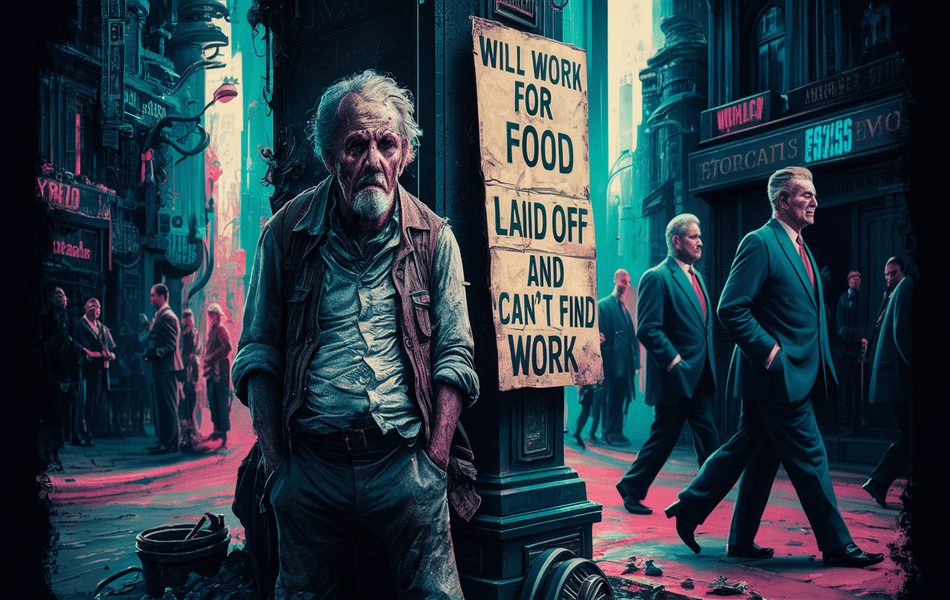
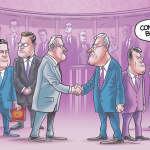


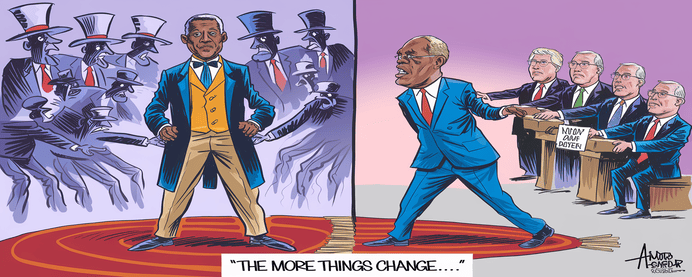
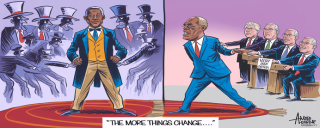
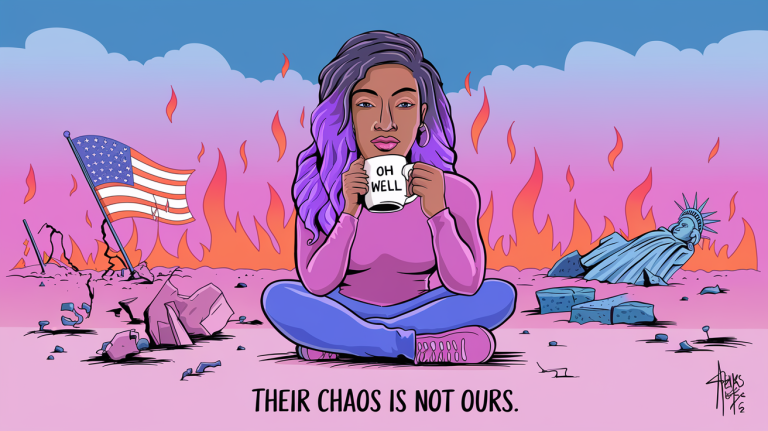
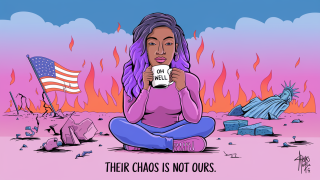

They do not want us having anything and when they are done they will move on to another country.
Too many people haven’t left behind in America. They are just forgotten and nobody cares to talk about them and nobody advocates for them. We do need to do more to bridge this gap but I don’t believe that Americans care enough and that is so sad.